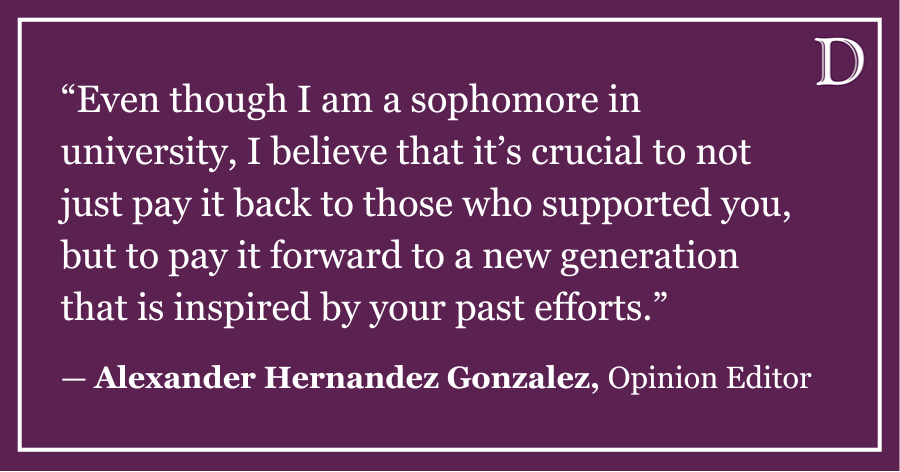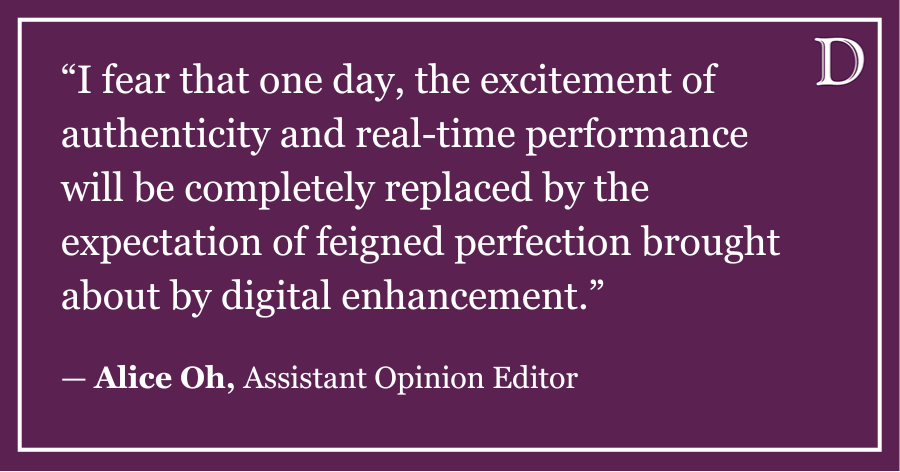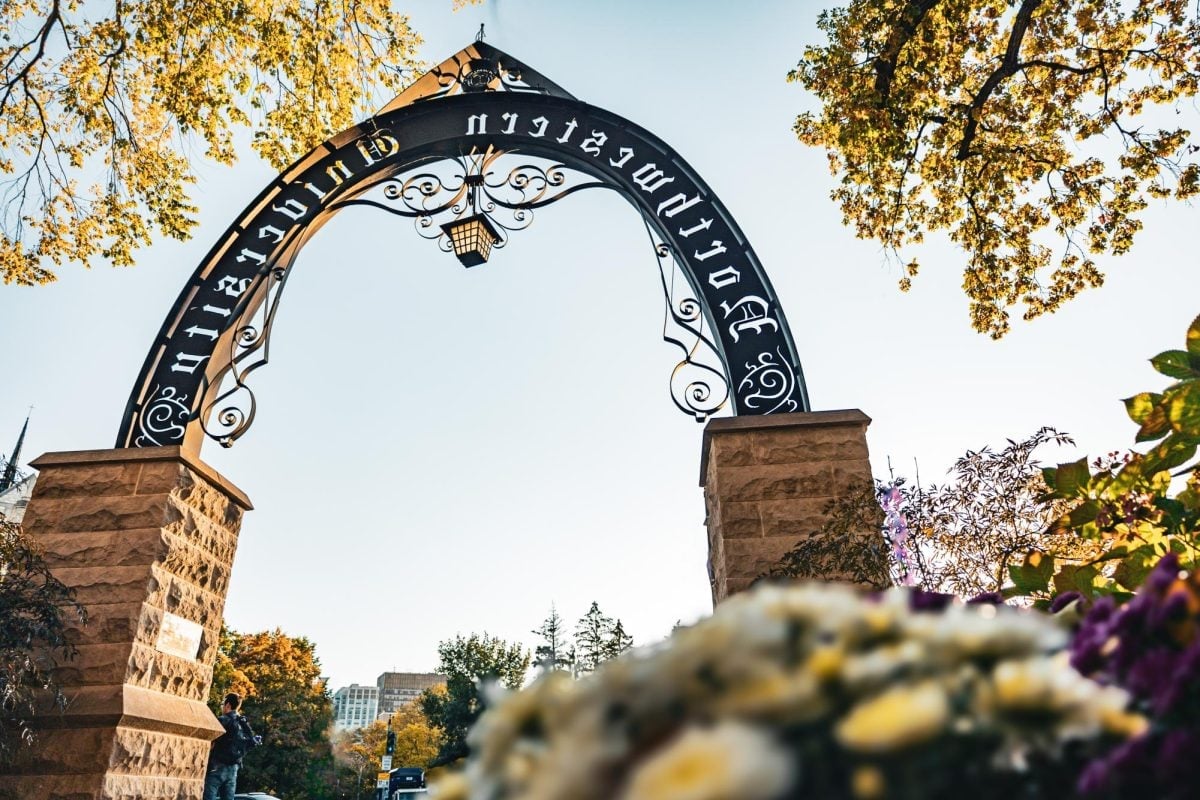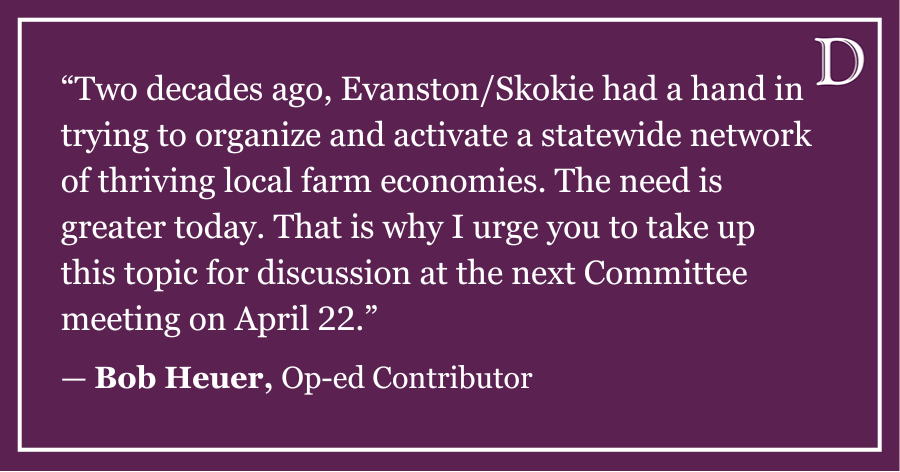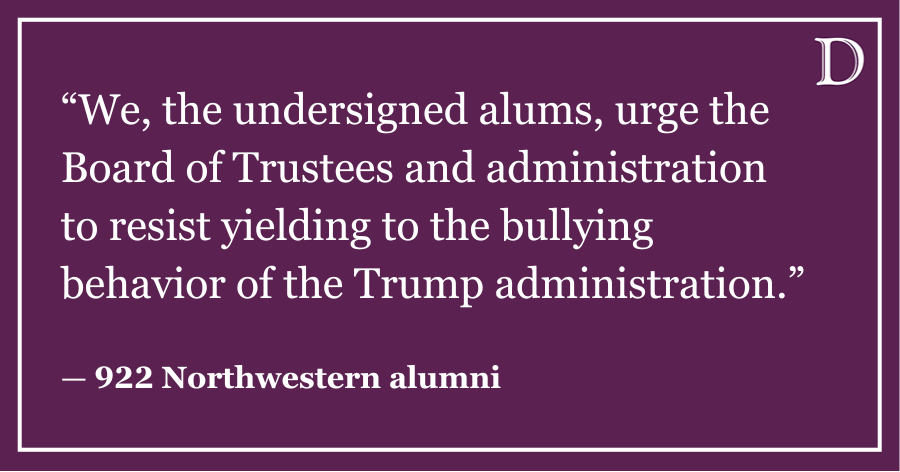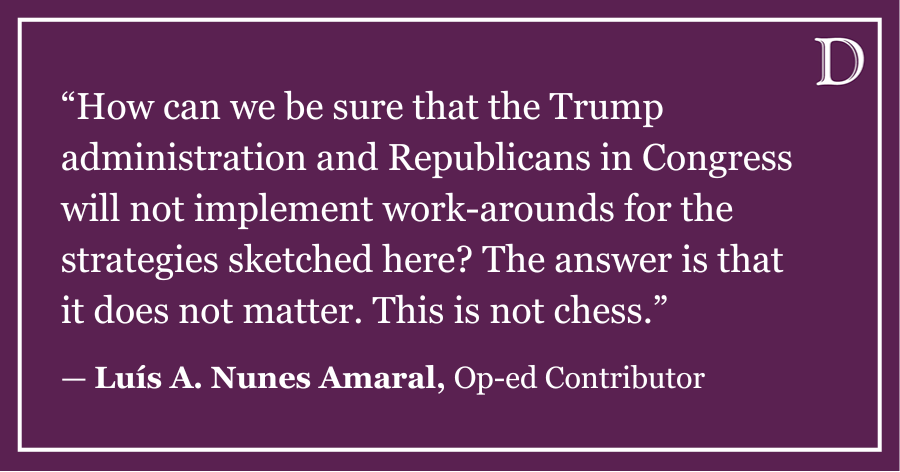It happened in less than two minutes. On March 25, Tufts University graduate student Rumeysa Ozturk was on her way to meet her friends to break her Ramadan fast when she was taken into custody.
The video of this fast interaction, seemingly from some type of security camera, shows several masked, plainclothes immigration officers approaching an unsuspecting Ozturk from different angles, like sharks surrounding their prey. If you play the sound aloud, you can hear the whipping wind pierced by her screams.
The Department of Homeland Security detained Ozturk in Louisiana, over one thousand miles from her Massachusetts home. Ozturk, who hails from Turkey, has not been charged with a crime, but her student visa has been terminated on the basis of her supposed support of Hamas, a U.S.-designated Foreign Terrorist Organization.
The presidential administration, however, has not provided evidence for this claim, causing me to infer that her only crime was co-authoring an opinion piece published a year before her arrest, which advocated for Tufts to take stronger actions against Israel, including divestment.
Whether you agree with her opinions or not isn’t the point. The clear issue here is that her detainment is a flagrant violation of the First Amendment, a law that applies to people with F-1 visas, including Ozturk.
It shouldn’t be a privilege to write an opinion in your college newspaper. It is a great privilege to be at the college itself, and to be enrolled at one with a newspaper, but all students should have the opportunity to share their thoughts with their community, regardless of whether their views align with the president’s. The Trump administration, however, has turned freedom of speech from a bedrock American principle into a privilege.
It also appears that a writer’s identity, in addition to their views, can grant them freedom of speech. I am writing a column this quarter because I happen to be a recipient of this privilege, and I don’t take it for granted. For one, I am a citizen of the United States and the government hasn’t tried to disappear a citizen – at least not yet. I’m also a Jewish student, a voice that both the government and legacy media is eager to hear from, albeit with murky intentions.
Also, the Trump administration has placed Northwestern in the spotlight, targeting this university in particular in its quest to dismantle higher education. For this reason, although Trump’s presidency will last another three and a half years, my opinion will matter a lot less after I graduate in June 2026. It is unfair that being tied to this institution gives my words weight, but I might as well use it to my advantage.
I never thought that I was the type of person to be a columnist – I believe that well-formed opinions arise from discussion rather than solitary thought, and I have crippling perfectionist tendencies that prevent me from handing things in before the minute they’re due. Yet, the world has shifted. These circumstances have coalesced to give me a soapbox on which I will stand up for what I believe in.
It may seem self-congratulatory to suggest that my writing can or will make a difference in the world. I don’t expect my writing to be widely read. Yet, Ozturk’s arrest demonstrates that these types of pieces are consequential: The government is taking note of what students at elite institutions are saying in their college newspapers. The chilling truth is that it is some bureaucratic official’s job to search through opinion pieces in American college newspapers – and then penalize the authors of pieces they disagree with.
I am not sure what I will write about each week, but I will try to write about the things I am having trouble making sense of. That seems to be the point of college, or at least one of them, anyway.
No matter the topic of my column, this stands true for the quarter: Unlike the Trump administration, I don’t fear opinions that differ from mine. Rather, I see these types of conversations as opportunities to learn about other perspectives. As such, feel free to write to me with your thoughts. The very premise of my humanities education is reading other arguments and forming my own, and I aim to do that within these pages, too. I hope you enjoy.
Talia Winiarsky is a Weinberg junior. She can be contacted at TaliaWiniarsky2026@u.northwestern.edu. If you would like to respond publicly to this op-ed, send a Letter to the Editor to opinion@dailynorthwestern.com. The views expressed in this piece do not necessarily reflect the views of all staff members of The Daily Northwestern.



